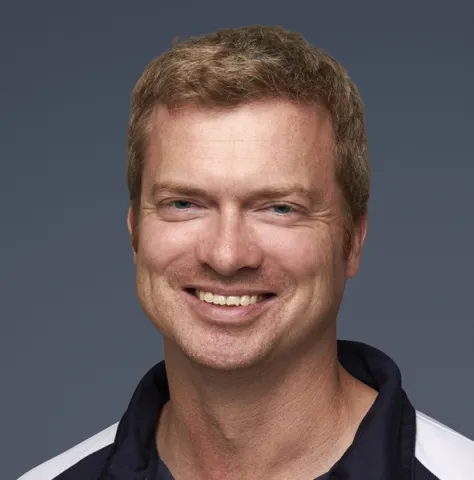About the project
This project focuses on anchoring solutions for floating offshore wind turbines and contribute to make renewable energy more competitive and sustainable.
Deployment of offshore wind turbines (OWT) is key to providing renewable energy and ensuring the UK and EU are carbon neutral and energy secure by 2050. To achieve these objectives, we must install thousands of OWT every year. OWT of the future will be floating, to harness stronger winds in deeper water. Creating arrays of wind turbines, where several turbines are moored to one shared seafloor anchor, is a simple way of reducing the number of anchors to be manufactured and installed. This will reduce the overall cost of energy. However, a shared anchor will be loaded in multiple directions, which can lead to its premature catastrophic failure.
As a researcher on this project you will study the behaviour of shared anchors subjected to cyclic complex loading. You will use advanced finite element modelling and soil constitutive models to simulate the behaviour of shared anchors over time. Your simulations will be validated against experimental results, building on the SEAMLESS project funded by the SUPERGEN ORE Hub.
Your results will contribute to the definition of new guidance for the emergent shared anchor technology. Your project will be carried out in close partnership with industry stakeholders, making sure your work is highly relevant and practical. Your work can have real-life impact if adopted by the industry and will contribute to the decarbonation of the economy.
You will work with experts in geotechnical engineering and acquire transdisciplinary knowledge such as mooring behaviour at National Oceanography Centre (NOC). You will join the Centre of Excellence for Intelligent and Resilient Ocean Engineering (IROE) and access the EPSRC Supergen Offshore Renewable Energy (ORE) Hub. This will provide you with many networking opportunities in academia and industry, but also transdisciplinary knowledge of recent research. You will have access to the brand-new Geomechanics Laboratory and Geotechnical Centrifuge Facilities.
You will be encouraged to write scientific papers, attend conference and acquire transferrable skills. At the end of the project, you will have advanced numerical skills, state-of-the-art knowledge of shared anchor design and a strong network across the offshore renewable industry.


